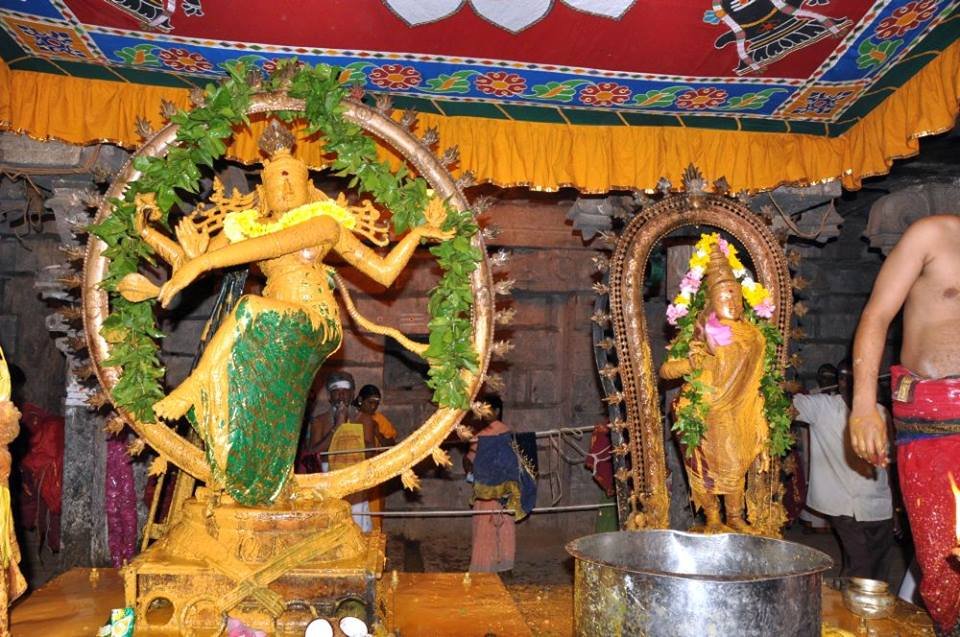It is also probably (correct me if wrong), the only composition of Sankara dedicated to a mortal.
As much as we sidestep thoughts of mortality, ours as well as those close to us, it happens when it has to.
Having lost his father at a much younger age, his mother Aryamba is all Sankara has known.
As he had promised her in his Purvashrama (before taking up Sanyasa), he returns to her in her last moments.
It has 5 stanzas of 4 verses each. We'll look at a paraphrased translation in English. #HappyMothersDay
And the tastelessness caused by imbalance during those months - Nairuchyam- that would have made her thin and weak.
All this, he says, is something he cannot compensate her for, no matter how great he becomes.
The entire Gurukula wept with her, in communion with her misery.
Sankara, not objecting to her cries, had then fallen at her feet in namaskara.
He recalls that as he has returned to her, but as a Sanyasi.
But Mother, with you gone, I have nobody else to cry to. Please accept my Anjali"
He was not around to even bring water in her final moments, no final ceremonies on the day of her passing, he has not even chanted the Taraka mantra in her ears as she departed.
Guilt overwhelms him.
But in return for all that, all I give you is dry rice in your mouth.
She is not God in the form of his mother, nor his mother who is now a God to him.
The love is very, shall we say, human and real.
Sankara, in his moment of loss, is no different. His sense of guilt, from having failed in his duties to her, breaks his resolve.
#HappyMothersDay
Perhaps, it should be set to tune. #HappyMothersDay
Thanks for reading. @threadreaderapp Please compile.




